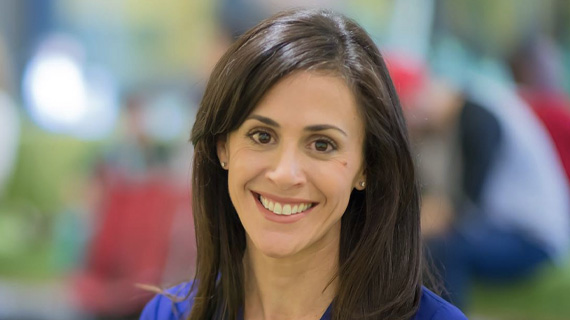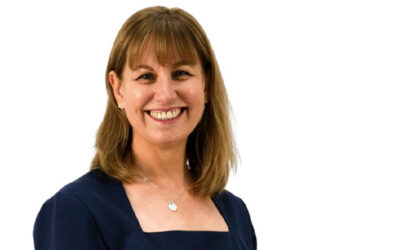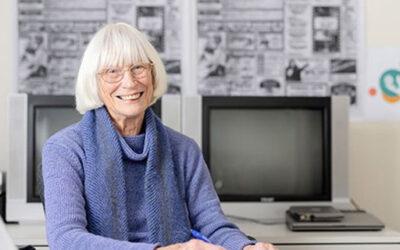Dr Anthea Rhodes is a Developmental and Behavioural Paediatrician at the Royal Children’s Hospital Melbourne and a CMA Board member. In this month’s editorial she recalls her first experiences with gambling; and now, as a doctor, she recognises the societal and personal harm that gambling can cause.
(LinkedIn Post first published on 2/10/2024)
Do you remember your first experience with gambling? Was it picking a horse for the Melbourne Cup or maybe a scratchie in your Christmas card?
I grew up behind the counter of my family’s newsagency in the northern suburbs of Hobart – and every Tuesday I recall people queuing up to buy their weekly Tattslotto ticket.
In those days, there was no internet, no online betting, no apps – if you wanted a flutter, you had to come in and buy a ticket.
I was always amazed to see people hand over their money every week. In all the years we had the shop, never once did someone take home a lifechanging win.
One afternoon I asked one of our regular customers why he kept buying tickets, “For a bit of fun, love” he said, “it’s my little escape.”
Of course, many years later, as a doctor with expertise in childhood behaviour and mental health, I know the sense of fun and escapism that brought him in to buy a Tatts ticket is the same thing that drives our kids to scroll mindlessly on their phones or ask for a few extra dollars to spend in an online game – that delicious dose of dopamine.
Dopamine, the ‘happy hormone’, creates feelings of pleasure that help our brain recognise and reinforce beneficial behaviours. But certain activities, like gambling, trigger an outsized response that means our brain needs more of that activity to produce the same amount of pleasure.
Concerningly, children and teenagers are most at risk of developing these addictive behaviours, as their brains continue developing well into their mid-20s.
This is why we have to protect our kids.
Today, the culture around gambling is insidious. In Australia, we gamble more than 24 billion dollars annually and in small doses, it’s seen as a bit of harmless fun. But when it comes to our children, there’s no safe amount of gambling.
The societal harm from gambling is similar to that of alcohol, mostly resulting in financial loss, damage to relationships, mental distress, and adverse effects on work and education.
In the latest National Child Health Poll by The Royal Children’s Hospital, many parents told us they were worried about gambling for their kids. But most parents of younger children, and almost half of those with teens, said they’d never discussed gambling with their child.
Critical work is being done at a legislative level to stop gambling companies and organisations from targeting our children – but as families and as a community we also have a role to play.
We need to start talking to our kids about gambling today.
They need to understand the risks and the harm gambling will cause. This isn’t a conversation that can wait until later in life. The conversation needs to start now – because later will be too late.
Learn more about our findings and discover ways you can start the conversation today https://rchpoll.org.au/polls/gambling-and-teens-concern-among-parents/
The RCH Health Literacy Project is funded by the Royal Children’s Hospital Foundation through the Good Friday Appeal.
*************************************





0 Comments